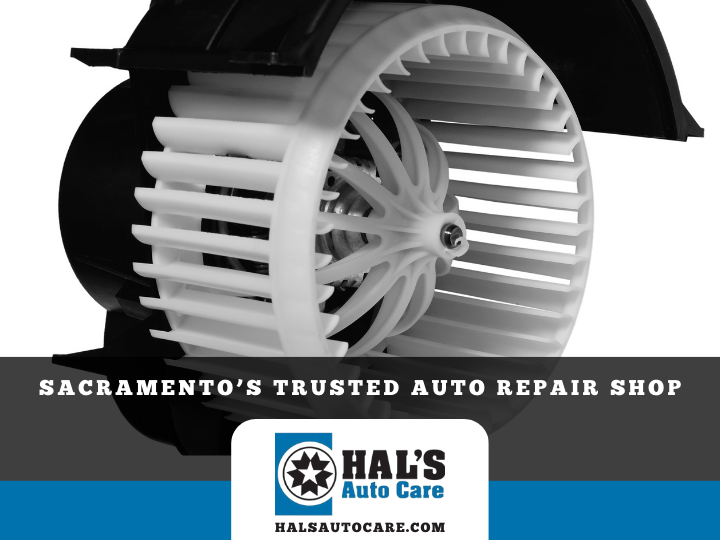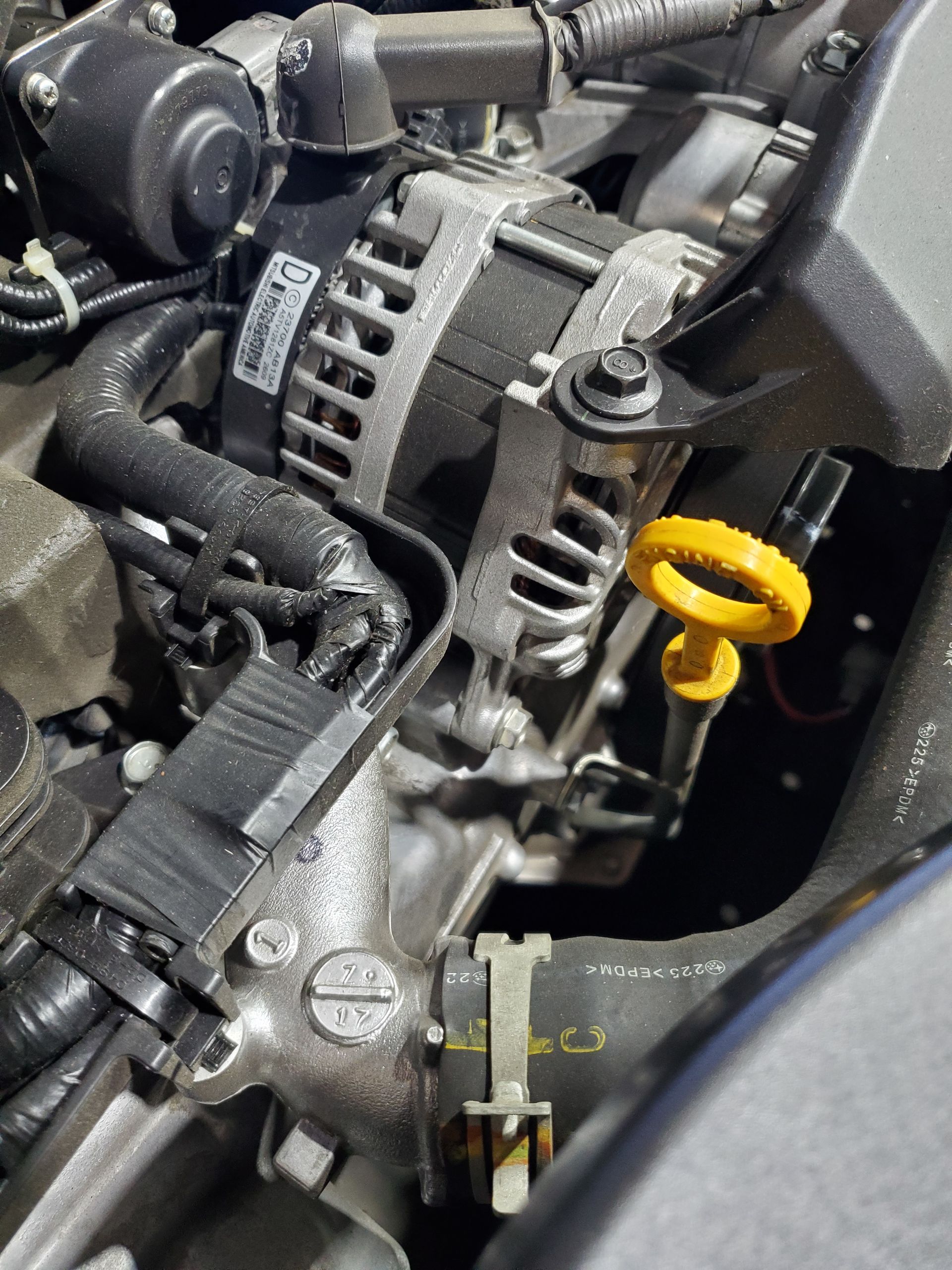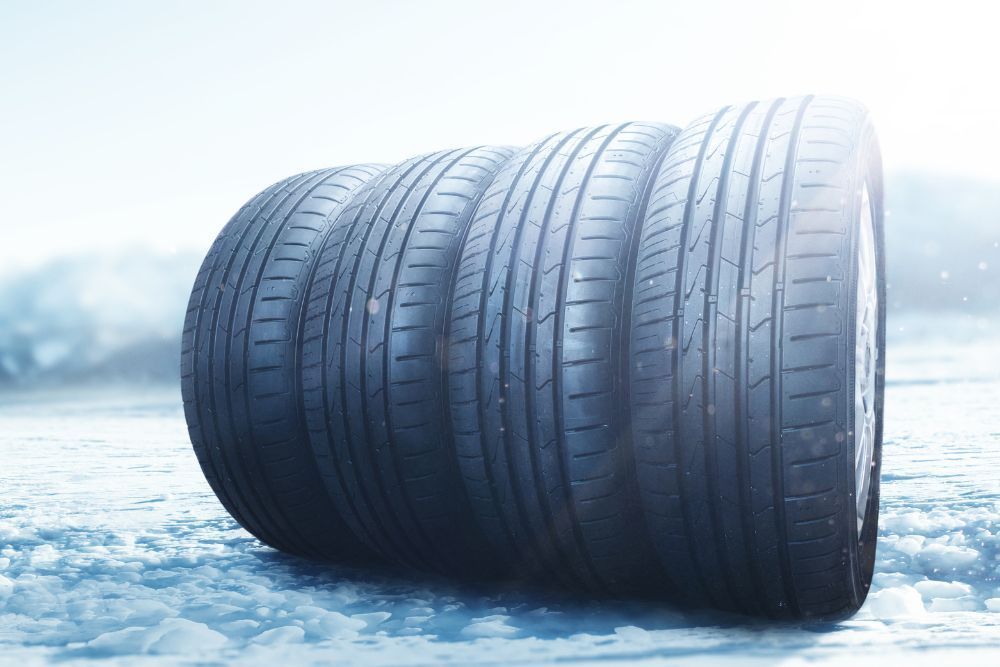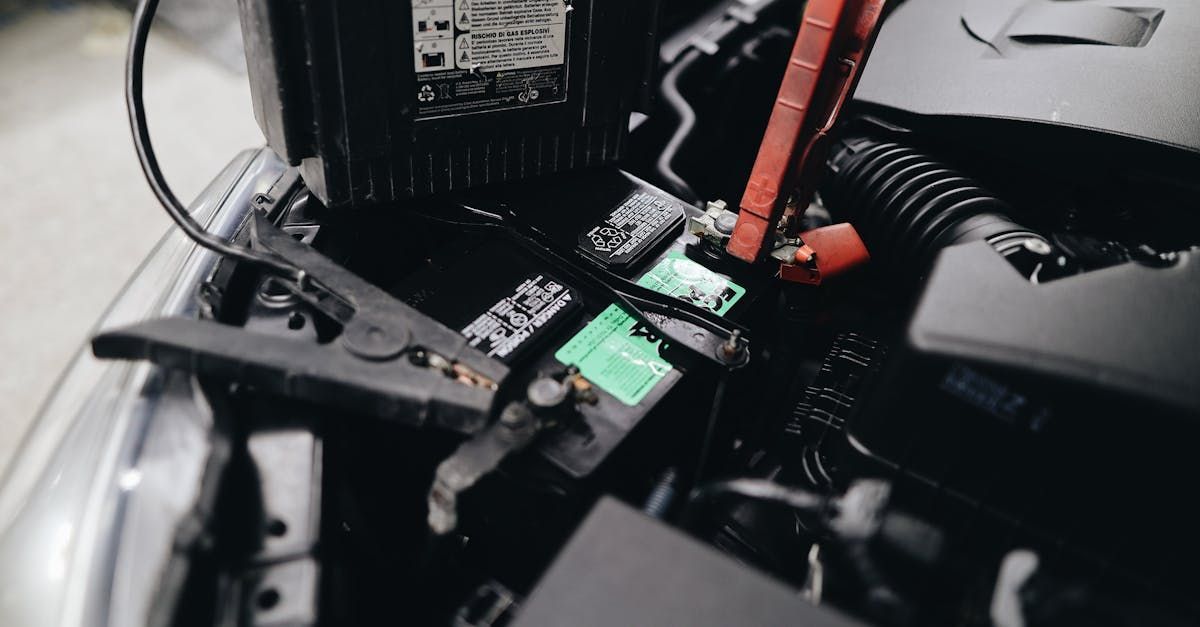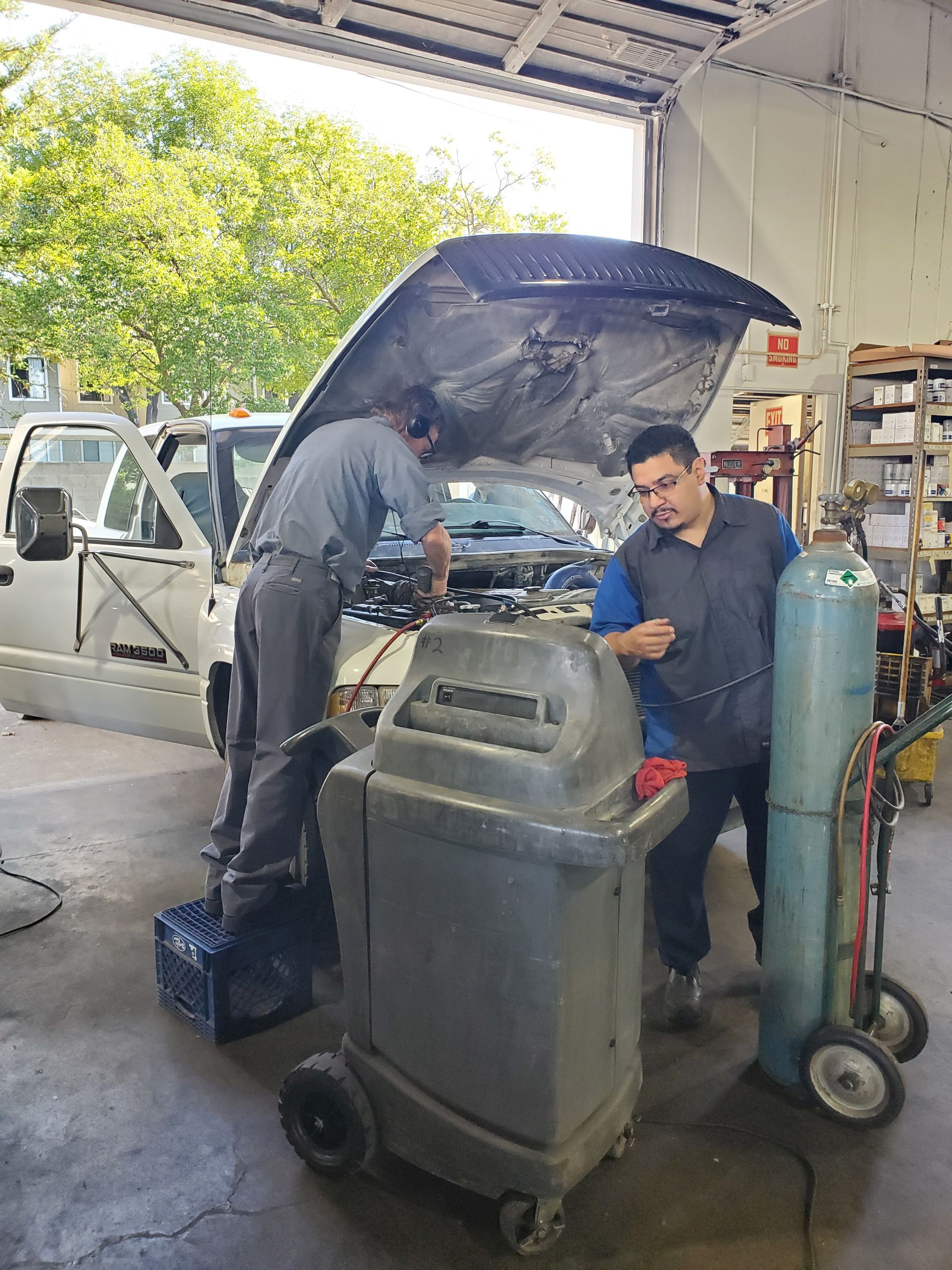Why does my car smell like gas?
This is a subtitle for your new post

Is Your Vehicle Smelling Like Gas?
If you've noticed a strong smell of gasoline around your vehicle, it's not something to ignore. A fuel odor can be an indicator of several potential issues, some of which could pose serious safety risks. Whether you're driving an older model or a brand-new car, a gas smell should prompt immediate attention. Here’s a detailed breakdown of what might be causing that gasoline smell and why it's essential to address it promptly.
Common Causes of Gasoline Odor in Vehicles
- Fuel System Leaks
- Fuel Tank: One of the most common causes of a gas smell is a leak in the fuel tank. Over time, corrosion or physical damage can create small holes or cracks, allowing fuel to seep out. Even a minor leak can cause a strong gasoline odor.
- Fuel Lines: The fuel lines that run from your tank to the engine can also be a source of leaks. These lines can become damaged due to age, road debris, or improper installation. A small pinhole leak in a fuel line can release enough fuel vapor to create a noticeable smell.
- Fuel Injectors: If your fuel injectors are not properly sealed or have developed cracks, fuel can leak out and cause a strong odor. This is especially concerning because leaking injectors can lead to poor engine performance and even fire hazards.
- Fuel Pressure Regulator Issues
- The fuel pressure regulator ensures that the correct amount of fuel is delivered to the engine. If it malfunctions, it can cause the engine to receive too much fuel, leading to a rich fuel mixture and a gasoline smell. This issue might also result in poor fuel efficiency and engine performance problems.
- Loose or Missing Gas Cap
- It might seem like a small thing, but a loose or missing gas cap can cause gasoline fumes to escape from the fuel tank. Modern vehicles are equipped with a pressurized fuel system, and if the gas cap isn’t sealed correctly, it can allow vapors to leak out, leading to that unmistakable gas smell.
- Loose Spark Plugs
- Spark plugs play a critical role in igniting the fuel mixture in your engine. If they are loose, fuel can escape the combustion chamber, resulting in a gas smell. Additionally, loose spark plugs can cause misfires, reducing engine efficiency and potentially leading to further engine damage.
- Broken Charcoal Canister
- The charcoal canister is a part of your vehicle’s EVAP (Evaporative Emission Control) system. Its job is to trap and store fuel vapors from the fuel tank until they can be burned in the engine. If the canister is damaged, these vapors can escape, leading to a strong gas smell around your vehicle.
- Evaporative Emission Control System (EVAP) Issues
- The EVAP system is designed to capture and store fuel vapors before they can escape into the atmosphere. If there is a leak or malfunction in this system, such as a cracked hose or faulty valve, gasoline vapors can escape, causing a noticeable odor. Problems with the EVAP system might also trigger your check engine light.
- Overheating
- In some cases, an overheating engine can cause the fuel to vaporize prematurely, leading to a strong gas smell. Overheating can occur due to low coolant levels, a malfunctioning thermostat, or issues with the cooling system. This is a more indirect cause but should still be considered, especially if accompanied by other signs of engine trouble.
Why You Shouldn’t Ignore a Gasoline Smell
A gas smell in your vehicle is more than just a nuisance; it can be a sign of a potentially dangerous situation. Here’s why you should take it seriously:
- Fire Hazard: Gasoline is highly flammable. If there's a leak in your fuel system, it increases the risk of a fire, especially if the fuel comes into contact with a hot engine or electrical components.
- Health Risks: Prolonged exposure to gasoline fumes can be harmful to your health. Inhaling these fumes can cause headaches, dizziness, nausea, and other symptoms.
- Environmental Impact: Fuel leaks and vapor emissions contribute to air pollution and are harmful to the environment. Modern vehicles are designed to minimize these emissions, so a gas smell could indicate that your vehicle is not functioning as it should.
- Potential for Expensive Repairs: Ignoring a gas smell can lead to more serious problems down the road. What might start as a minor issue could turn into a major repair if left unattended.
What to Do If Your Car Smells Like Gasoline
If you notice a gas smell in your vehicle, it’s crucial to have it checked by a professional as soon as possible. Here’s what you should do:
- Check for Obvious Issues: Start by checking if your gas cap is loose or missing. If you recently filled up your tank, ensure that the cap is securely tightened.
- Look for Visible Leaks: If it’s safe to do so, inspect your vehicle for any signs of fuel leaks, such as puddles under your car or wet spots around the fuel tank and lines.
- Monitor Your Vehicle’s Performance: Pay attention to any changes in your vehicle’s performance, such as engine misfires, poor acceleration, or decreased fuel efficiency. These could be signs of a more significant problem.
- Avoid Driving: If the smell is strong, it’s best to avoid driving your vehicle until the issue is diagnosed. Gasoline vapors are highly flammable, and driving with a leak could be dangerous.
- Schedule a Professional Inspection: Contact a certified technician to inspect your vehicle. An ASE-certified mechanic can diagnose the issue and recommend the necessary repairs to ensure your vehicle is safe to drive.
Conclusion
A gasoline smell in your vehicle should never be ignored. Whether it’s a simple fix like tightening the gas cap or a more serious issue like a fuel system leak, addressing the problem promptly can prevent potential hazards and costly repairs. If you’re experiencing a gas smell in your vehicle, don’t hesitate to bring it in for a professional inspection. Your safety and peace of mind are worth it. Call us today to schedule an appointment with one of our ASE-certified technicians. We’re here to keep you safe on the road.
https://youtu.be/6EADx8P3ZPs
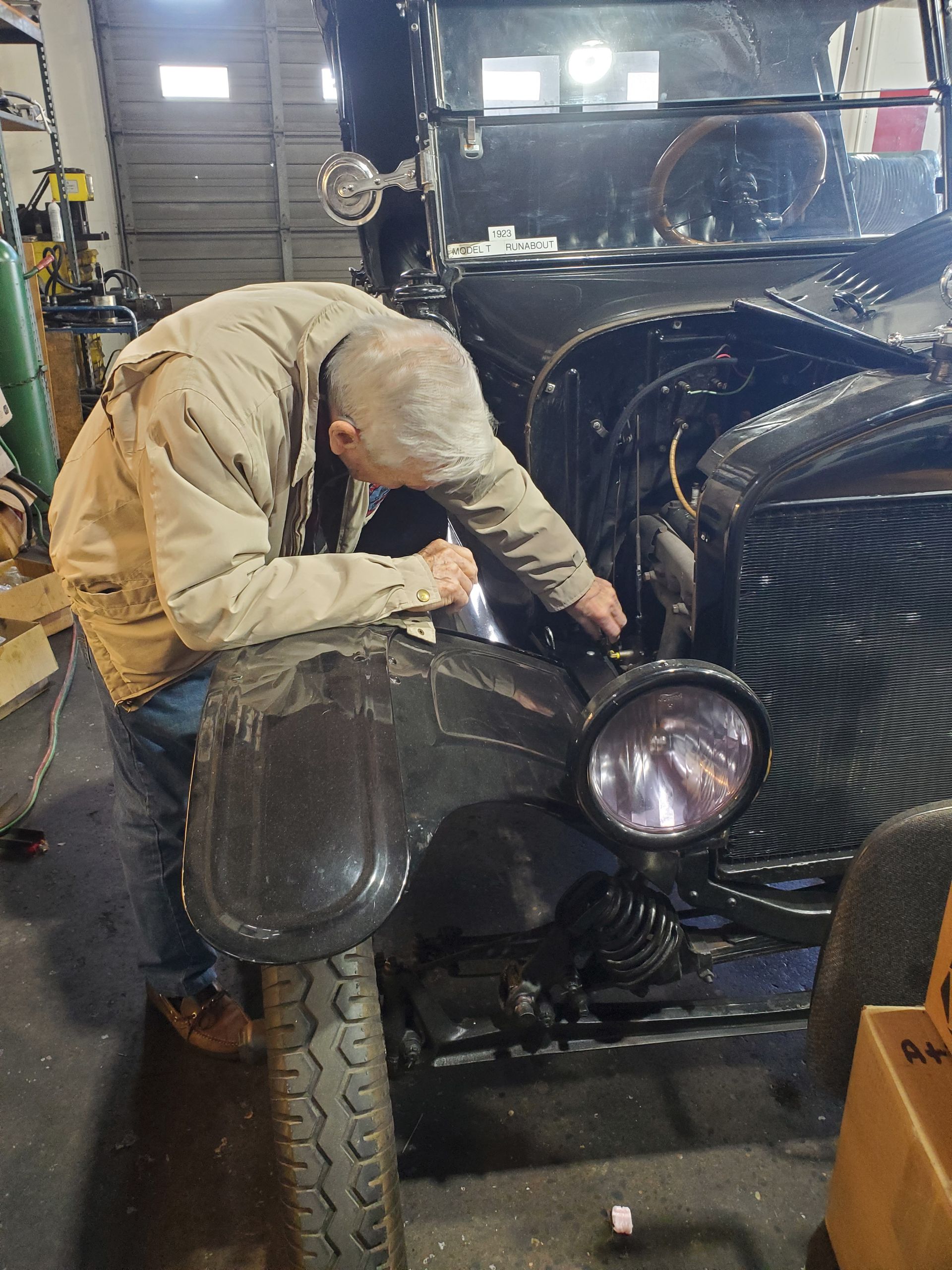
Follow us
Hal's Auto Care
Services
List of Services
-
Auto AC RepairAuto AC Repair
-
Brake Repair & ReplacementBrake Repair & Replacement
-
Vehicle DiagnosticsVehicle Diagnostics
-
Car Electrical RepairCar Electrical Repair
-
Transmission RepairTransmission Repair
-
EV & Hybrid RepairEV & Hybrid Repair
-
Oil Change, Filters and LubeOil Change, Filters and Lube
-
Suspension RepairSuspension Repair
© 2024 Hal's Auto Care. All Rights Reserved | Website managed by
Shopgenie
Follow us
Hal's Auto Care




© 2023 Hal's Auto Care. All Rights Reserved | Website managed by
Shopgenie




